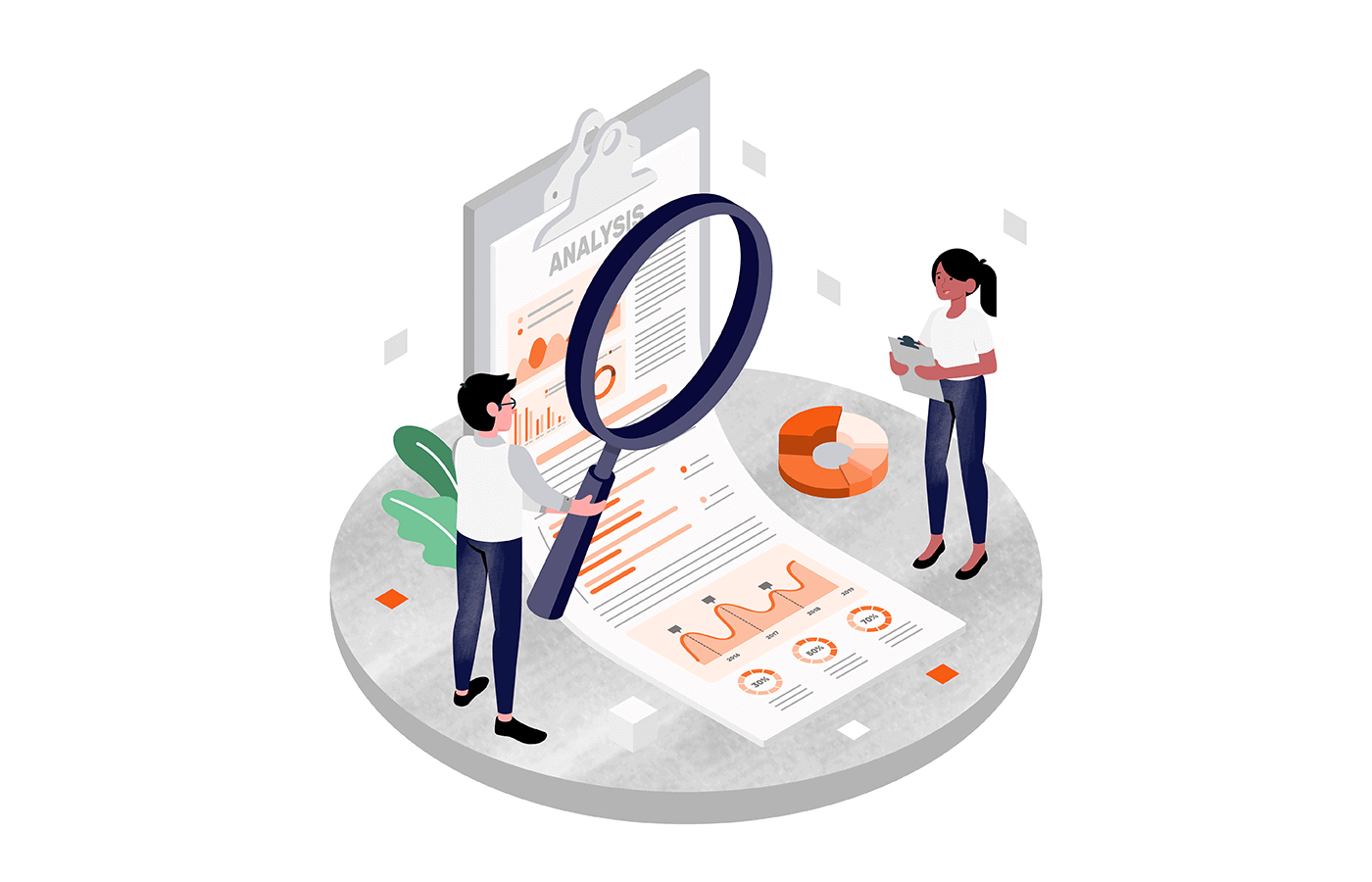Maximize Development: Just How Analytics Drive Better Strategies
In today's data-driven landscape, organizations progressively identify the essential function of analytics in forming efficient growth techniques. By using information understandings, companies can refine their operational methods, expect market modifications, and improve client engagement. However, the obstacle lies not just in collecting data yet in efficiently interpreting it to drive tangible end results. As we check out the key advantages and techniques associated with analytics, a vital inquiry emerges: just how can companies ensure they are leveraging these understandings to unlock their full possibility? The solution might redefine the future of tactical planning.
Recognizing Information Analytics
Information analytics is an organized computational evaluation of data that allows organizations to reveal meaningful patterns and understandings. This procedure incorporates a selection of methods, consisting of statistical analysis, anticipating modeling, and data mining, which collectively aim to change raw information into actionable details - Analytics. By utilizing these methodologies, organizations can make enlightened choices that are rooted in empirical evidence instead of instinct alone
The foundation of data analytics hinges on its capability to handle substantial quantities of information from varied sources. This includes organized information, such as data sources, and disorganized information, including social media sites interactions and consumer feedback. Via the usage of specialized software program and devices, analysts can extract and refine this information effectively, determining patterns and connections that might not be instantly evident.
Recognizing data analytics additionally involves identifying the relevance of data high quality and honesty. Precise and reputable data is essential for meaningful analysis; hence, companies need to apply robust information administration practices. Additionally, the iterative nature of analytics permits continual refinement and renovation of strategies, making sure that organizations remain agile in the face of transforming market dynamics and consumer habits.
Key Advantages of Analytics

Among the crucial advantages of analytics is its ability to provide workable insights. Organizations can swiftly examine substantial quantities of information, revealing patterns that may not be instantly noticeable. This aids in preparing for market shifts and adjusting approaches appropriately. Additionally, analytics fosters a culture of evidence-based decision-making, minimizing dependence on instinct and uncertainty.
Another substantial benefit is boosted customer understanding. Analytics devices enable organizations to section their target market, track consumer behavior, and personalize advertising and marketing efforts. This targeted approach not just improves customer engagement but likewise drives greater conversion prices.

Implementing Analytics Strategies
To fully understand the advantages of analytics, companies should embrace structured methods for implementation. This starts with plainly defining objectives that line up with more comprehensive company objectives. By developing particular, measurable outcomes, organizations can concentrate visit this web-site their analytics efforts on areas that produce the highest possible return on investment.
Following, organizations should focus on information administration to guarantee the integrity and safety and security of the information being analyzed. This includes establishing up procedures for information collection, storage, and gain access to while sticking to relevant regulations. Making sure top notch information is critical for producing purposeful understandings.
Furthermore, fostering a culture of data-driven decision-making is vital. This requires training employees to translate analytics searchings for and motivating collaboration throughout departments. They are extra most likely to integrate insights into their daily procedures. when groups understand the worth of analytics.
Lastly, companies ought to routinely examine and fine-tune their analytics strategies. The landscape of data and technology is continually developing, and remaining versatile will allow companies to utilize new tools and techniques efficiently. By carrying out these structured techniques, organizations can maximize the influence of their analytics efforts and drive sustainable growth.
Tools for Efficient Evaluation
Efficient evaluation depends on a variety of devices that assist in the removal of understandings from information - Analytics. These tools can vary from basic spreadsheet applications to sophisticated equipment finding out systems, each offering a distinct function in the logical process
Information visualization software, such as Tableau and Power BI, plays a critical function in transforming complicated datasets into use this link understandable graphical representations. These tools enable analysts to recognize patterns and patterns swiftly, enabling for more educated decision-making.
Analytical evaluation software, like R and SAS, provides advanced capabilities for carrying out in-depth analyses, including regression, hypothesis screening, and predictive modeling - Analytics. These features empower companies to attract meaningful final thoughts from their data, identifying prospective opportunities and dangers
Moreover, data source monitoring systems such as SQL and NoSQL data sources give the required facilities for storing and querying big volumes of data efficiently. They make sure that data is organized and available for analysis.
Lastly, business knowledge platforms integrate various data sources, offering a thorough view of business efficiency. By using these tools properly, services can boost their logical capabilities, enabling them to establish strategies that make best use of growth and boost overall efficiency.
Study of Success
Effective organizations usually utilize information analytics to drive impactful techniques, as evidenced by several significant situation studies. By utilizing these understandings, Netflix has effectively tailored its content recommendations, resulting in raised individual engagement and subscriber retention.

Additionally, Starbucks uses information analytics to determine optimal shop places and refine its product offerings. By analyzing customer demographics and buying patterns, Starbucks effectively identifies high-potential markets and customizes its menu to neighborhood preferences, driving sales and consumer loyalty.
These case research studies highlight that reliable utilization of data analytics can result in critical advantages, promoting innovation and development within companies throughout numerous sectors.
Final Thought
In verdict, the integration of analytics right into business approaches dramatically improves decision-making procedures and promotes sustainable development. The efficient implementation of analytics devices additionally supports dexterity and advancement, enabling companies to navigate competitive landscapes with higher precision.
Data analytics is an organized computational evaluation of home information that makes it possible for organizations to discover significant patterns and insights.Understanding data analytics likewise involves acknowledging the value of data top quality and honesty. Reliable and exact data is crucial for purposeful evaluation; therefore, organizations must carry out durable information administration methods.Following, companies must prioritize information governance to ensure the integrity and safety of the information being evaluated.Effective organizations often take advantage of data analytics to drive impactful strategies, as shown by a number of significant situation research studies.